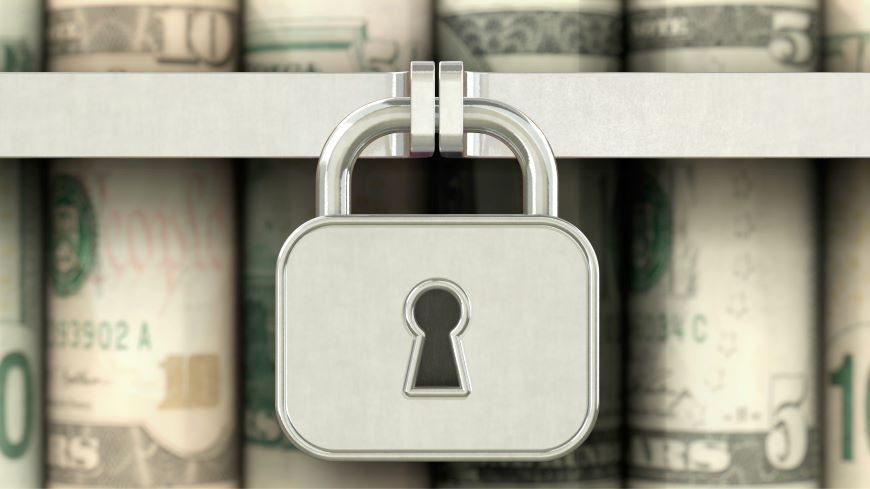In co-operation with the National School of Judges of Ukraine (NSJU), a training on seizure and confiscation for Ukrainian criminal judges, both from district and appellate courts, took place online on June 29 with over 85 participants. This training built on previous activities delivered jointly with the NSJU on the adjudication of money laundering and terrorist financing cases.
The coordination between the NSJU and the Council of Europe ensured a multipronged approach to the training, for which the Council of Europe called on an international expert, while the NJSU engaged two sitting Ukrainian judges. The result was a well-balanced combination of international expertise and discussion of international standards, complemented with a thorough understanding of the national legislation and case law. The international expert discussed with participants various aspects of confiscation of assets, including value-based, extended, and third-party confiscation; applicable case-law of the European Court of Human Rights; and international cooperation in the sphere of asset confiscation. National trainers covered topics of confiscation as a punishment; special confiscation and other measures of criminal law; seizure of property and illegal assets at a pre-trial investigation stage; and the verdict as a procedural basis for the application of special confiscation.
Delivered on-line, the training made extensive use of the various features and techniques available to prompt participation and interaction, such as the use of case-studies, polling of participants, breakout groups, etc. Designed as a pilot training, the findings of this activity will input a review of the form and content of the training before it is rolled out to all districts in the country.
This activity was organised in the framework of the project “Strengthening measures to prevent and combat economic crime in the Eastern Partnership Region,” funded by the European Union and the Council of Europe and implemented by the Council of Europe in their Partnership for Good Governance II 2019-2022.




